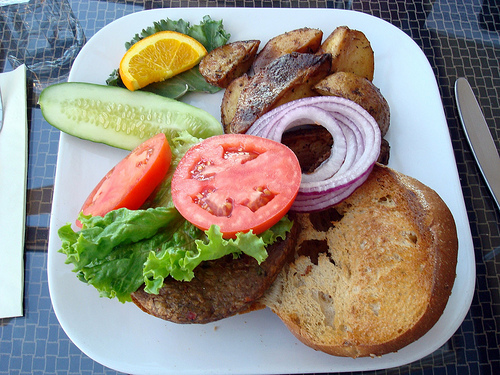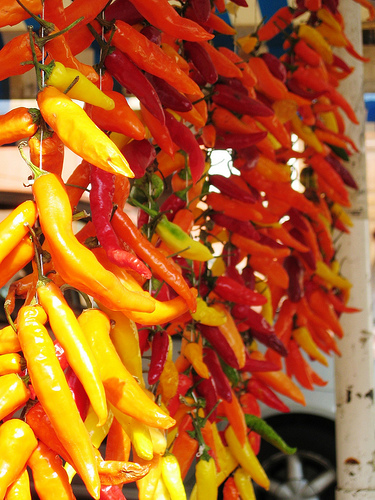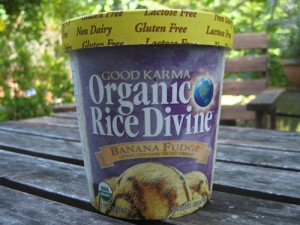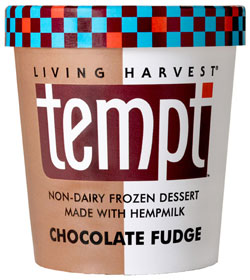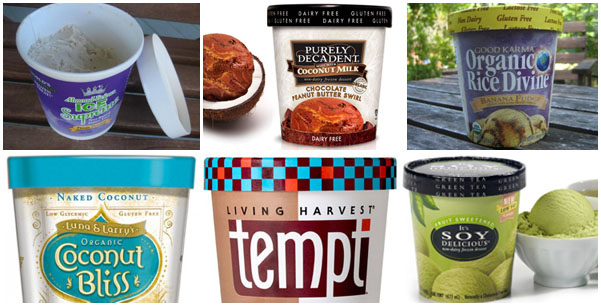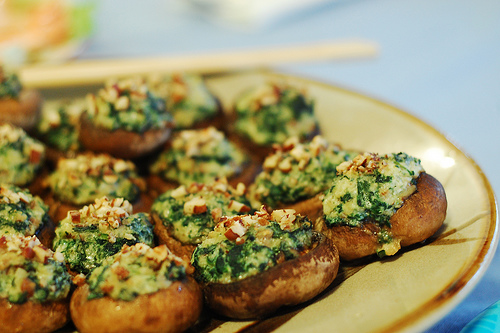Table of Contents
Embracing a vegan lifestyle can offer numerous health benefits and contribute to animal welfare. However, it’s essential to be aware of common nutrient deficiencies that may arise from plant-based diets.
In this blog post, we’ll discuss the importance of maintaining proper nutrition while avoiding animal products and explore crucial nutrients like Vitamin B-12, omega-3 fatty acids, iron, calcium, and more.
The Importance of Nutrient Balance
Maintaining a balanced nutrient intake is essential for overall health and well-being. A diet that provides the body with all the necessary vitamins, minerals, and other nutrients helps to support proper immune function, healthy skin and hair, energy production, brain function, and countless other vital bodily processes.
For example, individuals who follow plant-based diets may inadvertently miss out on important nutrient sources found primarily in animal products like meat or dairy. This makes it critical for vegans and vegetarians alike to ensure they consume diverse foods rich in these essential nutrients; otherwise risking potential negative health consequences related to malnutrition.
Creating this balance not only benefits personal health but also contributes positively to environmental sustainability efforts as well as promoting ethical practices regarding animal welfare.
Common Vegan Nutrient Deficiencies
Adopting a vegan lifestyle can offer numerous health benefits such as reducing the risk of heart disease and certain types of cancers. However, those who follow a plant-based diet must be cautious to ensure they receive all essential nutrients.
A well-planned vegan diet is key in maintaining proper nutrition; however, it’s crucial for vegans to recognize the potential deficiencies that may arise due to limited or eliminated animal-sourced foods in their meal plan.
For example, Vitamin B-12 is found naturally only in animal products and thus plays an important role in avoiding neurological complications for vegans. It is important to note that awareness and proactive measures are essential when adhering to a plant-based diet.
Protein
Protein deficiencies can concern vegans due to the lack of animal products in their diet, which is typically high in protein.
Cause of Protein Deficiency
Protein deficiency arises when an individual’s diet lacks sufficient protein or essential amino acids required for proper body functions. Vegans may experience this deficiency if they do not consume various plant-based protein sources like legumes, whole grains, and nuts.
Inadequate intake or absorption of vital amino acids can lead to weakened immune systems, muscle wasting, and impaired growth in children.
Factors That Affect Protein Absorption in a Vegan Diet
Vegan diets can be lower in protein, but it’s also important to consider the factors that impact protein absorption. One such factor is the amino acid profile of plant-based proteins compared to animal sources.
Plant-based proteins may not have all the essential amino acids needed for optimal absorption, making it crucial to eat a variety of plant-based protein sources.
Protein Deficiencies Health Consequences
This is because proteins are the building blocks of our muscles, organs, and many hormones.
Not getting enough protein can lead to serious health consequences, including muscle wasting, fatigue, and a weakened immune system. In extreme cases, it can even result in death.
Tips for Finding Adequate Protein
It’s important for vegans to consume enough protein to maintain good health. Luckily, many plant-based foods are rich in protein, including beans, lentils, tofu, nuts, and seeds.
Incorporating these foods into your meals regularly can help ensure that you’re getting enough protein. Additionally, vegan-friendly high-protein snacks such as edamame or roasted chickpeas can be a great way to increase your daily intake.
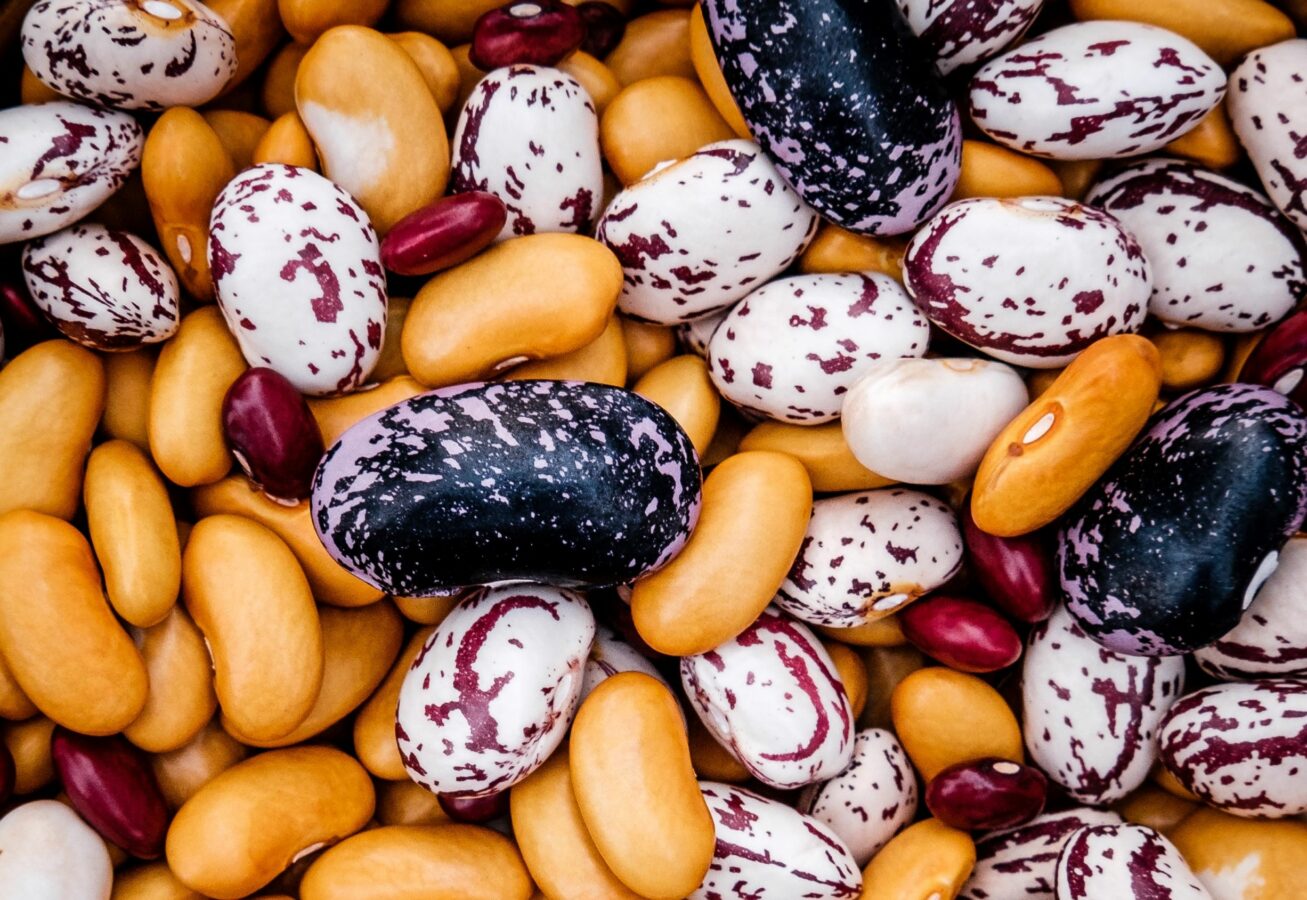
Beans
Beans are versatile, and have an average of 7g of protein per serving, making them a good source of vegan protein.
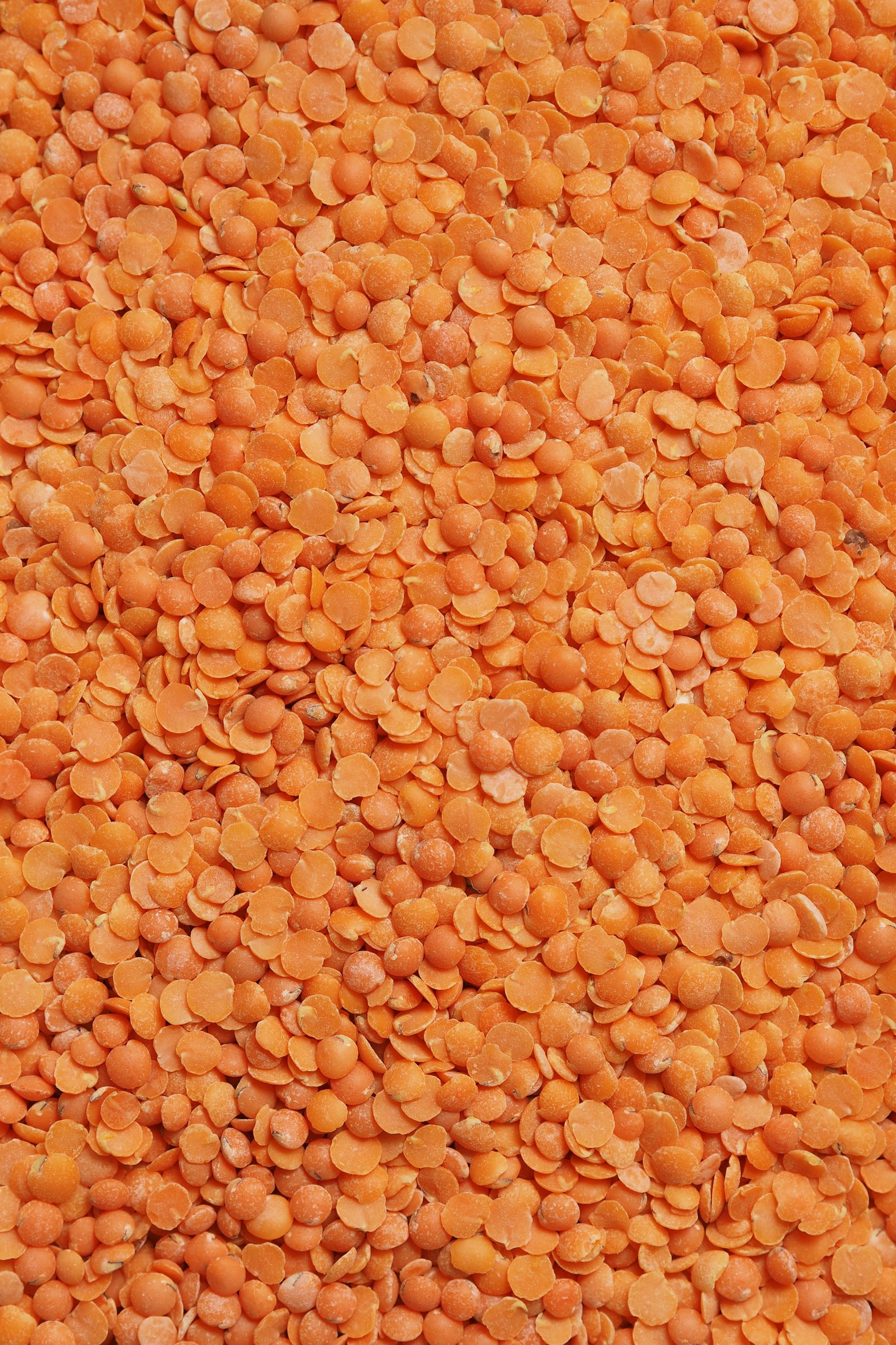
Lentils
Lentils come in around 9g of protein per serving. Great for soups and side dishes.
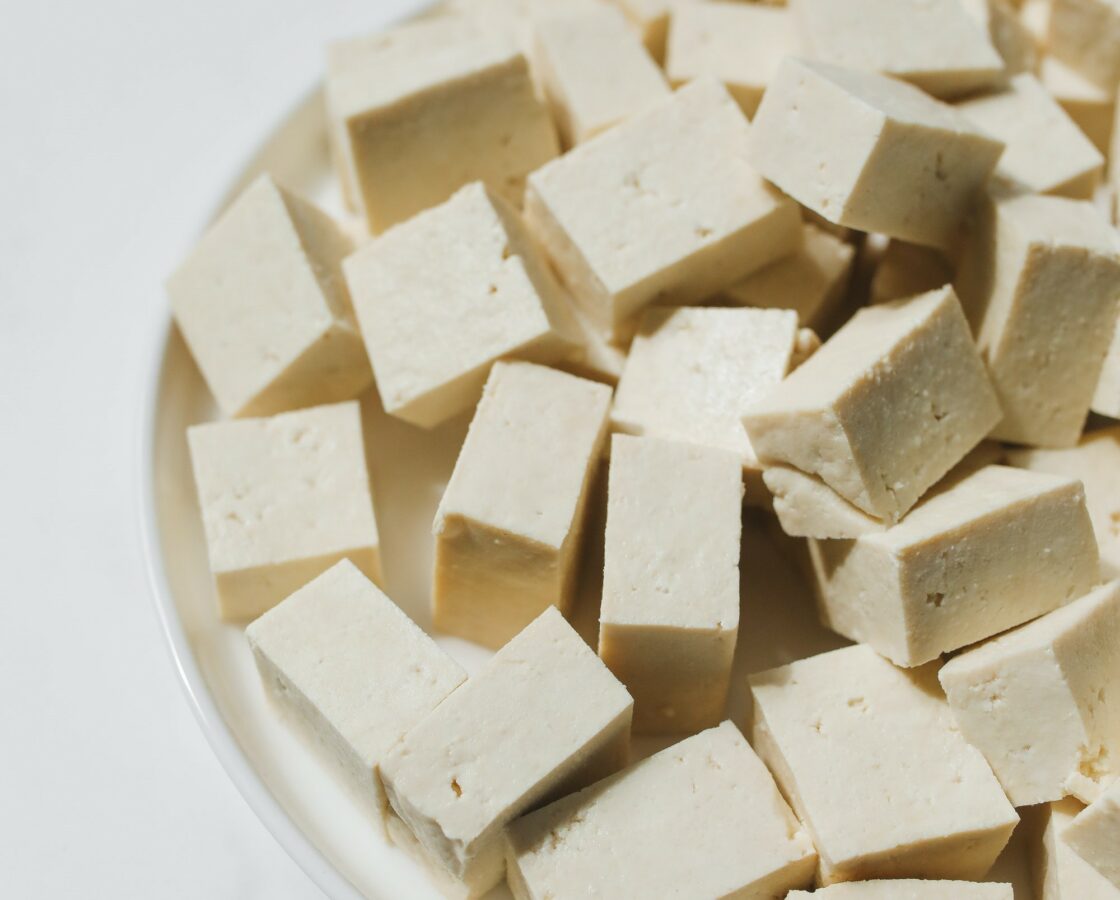
Tofu
Tofu comes in around 3g of protein per 1oz serving.
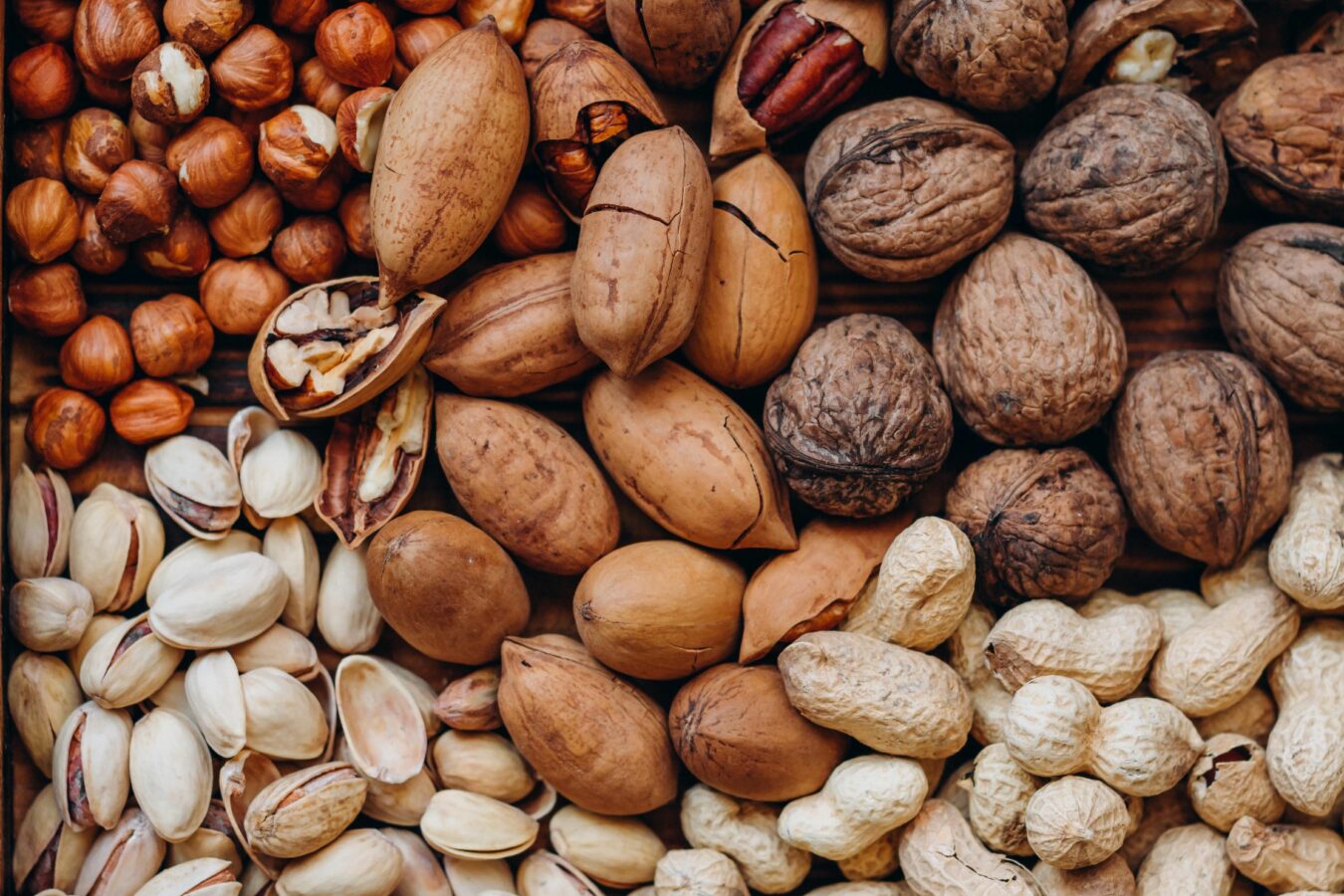
Nuts & Seeds
Nuts and seeds contain up to 6g of protein per 1oz serving, making them a convenient protein-packed snack!
Vitamin B12
Vitamin B-12 is an essential nutrient for brain function and the production of red blood cells, but it can be difficult to obtain on a vegan diet.
Cause of Vitamin B-12 Deficiency
The main cause of vitamin B-12 deficiency in vegans is their diet’s absence of animal products. Vitamin B12 is mainly found in meat, dairy, and eggs. As a result, vegans who don’t consume enough fortified foods or take supplements may not get adequate amounts of this essential nutrient.
However, it’s worth noting that a lack of stomach acid can also lead to vitamin B12 deficiency, which is more common among older people.
Factors That Affect Vitamin B-12 Absorption in a Vegan Diet
It’s important for vegans to be mindful of their vitamin B-12 intake since this nutrient is crucial for proper brain function, nervous system health, and red blood cell production.
Vitamin B-12 is absorbed differently than other vitamins, and vegans can have difficulty obtaining enough of it due to a lack of animal-sourced products in their diet. Factors that affect vitamin B-12 absorption in a vegan diet include age, genetics, and overall gut health.
Vitamin B-12 Deficiencies Health Consequences
Untreated vitamin B-12 deficiency can cause anemia, fatigue, muscle weakness, and mood disturbances. Nerve damage is also common and can lead to tingling sensations in the hands and feet or difficulty balancing.
In severe cases, untreated B-12 deficiencies can cause neurological problems like confusion or even paralysis.
Tips for Getting Adequate B-12
Vegans can meet their B-12 requirements by regularly consuming fortified plant-based foods such as soy milk, breakfast cereals, and meat substitutes. It’s also important to take supplements containing vitamin B-12 or eat nutritional yeast.
As B-12 is only found in small amounts in some algae and fermented foods, relying solely on these sources may lead to deficiency.
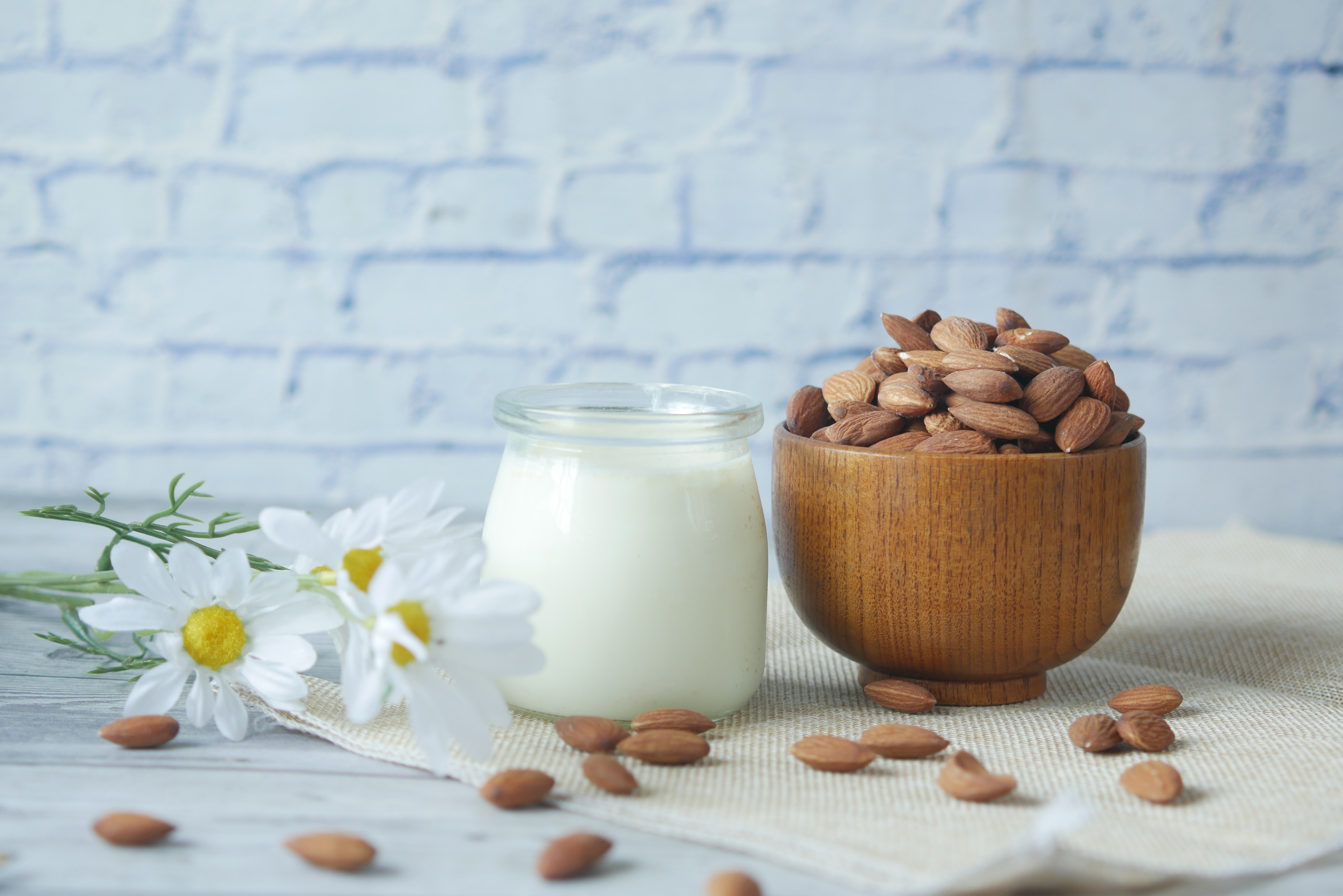
Fortified Plant-Based Milks
Fortified non-dairy milk is a great vegan source of vitamin B-12. Many manufacturers fortify their products with this essential nutrient to ensure their customers have a balanced intake.
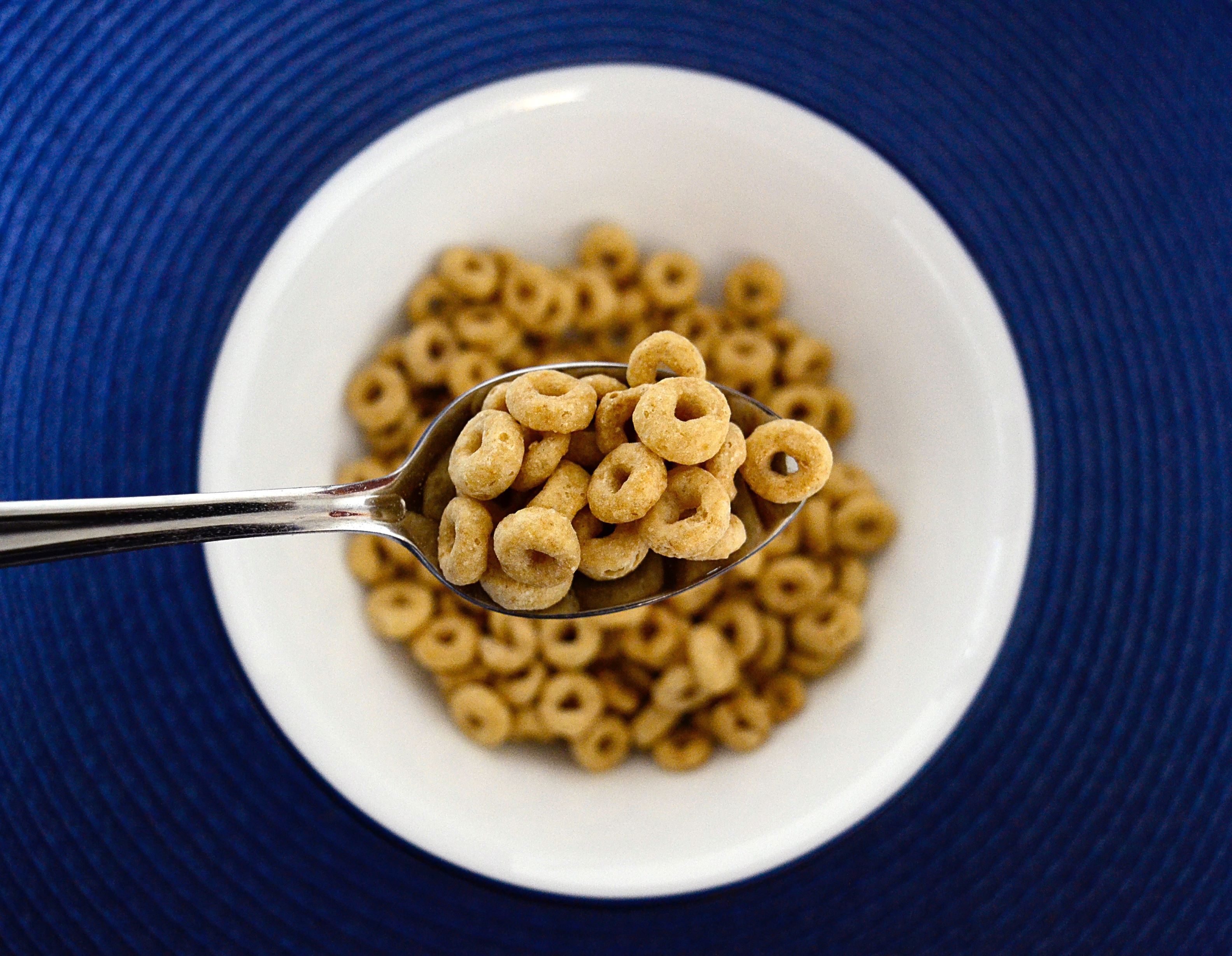
Breakfast Cereals
In addition to being fortified with B-12, these cereals are also high in dietary fiber, which is beneficial for heart health and digestion.
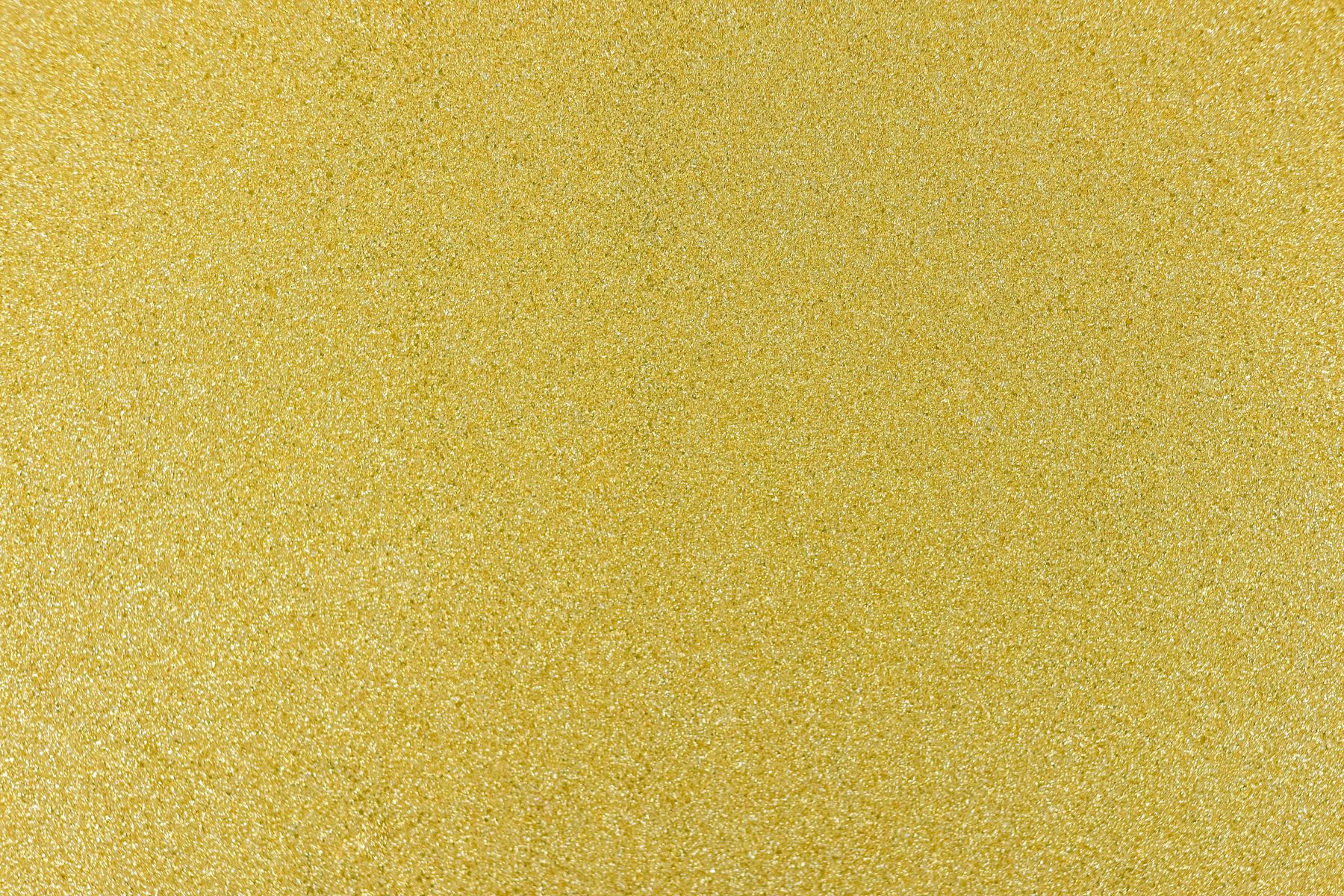
Nutritional Yeast
Nutritional yeast is a staple in many vegan diets. In addition to its cheesy taste, nutritional yeast is a star in B-12 content.
Omega-3 Fatty Acids
Omega-3 Fatty Acids are essential for brain function and heart health, but they may be lacking in a vegan diet because animal sources are the best dietary sources.
Cause of Omega-3 Fatty Acids Deficiency
Omega-3 fatty acids are essential for good health, but it can be difficult to obtain adequate amounts on a vegan diet. The primary cause of Omega-3 deficiency in vegans is the limited availability of DHA and EPA, two important types of Omega-3s found mainly in fish.
While ALA, another type of Omega-3, can be obtained from plant-based sources such as chia seeds and flaxseeds, our bodies convert only small amounts into DHA and EPA.
Factors That Affect Omega-3 Absorption in a Vegan Diet
While a well-planned vegan diet can provide sufficient amounts of omega-3 fatty acids, factors like cooking methods and food processing may affect absorption. For instance, frying foods reduces the amount of available omega-3s while cooking methods that preserve nutrients, such as steaming or microwaving, help retain them.
Additionally, consuming high levels of other fats (e.g., saturated fats) can decrease the absorption of omega-3s.
Omega-3 Fatty Acids Deficiencies Health Consequences
Not getting enough omega-3 fatty acids can have serious health consequences, such as an increased risk of heart disease and reduced brain function. Omega-3s play important roles in the body, including building cell membranes and regulating inflammation.
While these essential nutrients are commonly found in fatty fish, vegans can get them from plant sources like walnuts, flaxseeds, and chia seeds. It’s crucial to ensure adequate intake through a well-planned vegan diet or supplements to avoid deficiencies.
Tips for Optimizing Omega-3 Intake
To optimize omega-3 intake on a vegan diet, it’s important to include sources such as flaxseeds, chia seeds, hemp seeds, seaweed, and algae-based supplements in your meals.
Focus on consuming foods high in alpha-linolenic acid (ALA), an essential fatty acid that helps convert other omega-3s like EPA and DHA. To maximize absorption of these nutrients, avoid high levels of total saturated or trans fats which can depress desaturase enzymes necessary for conversion.
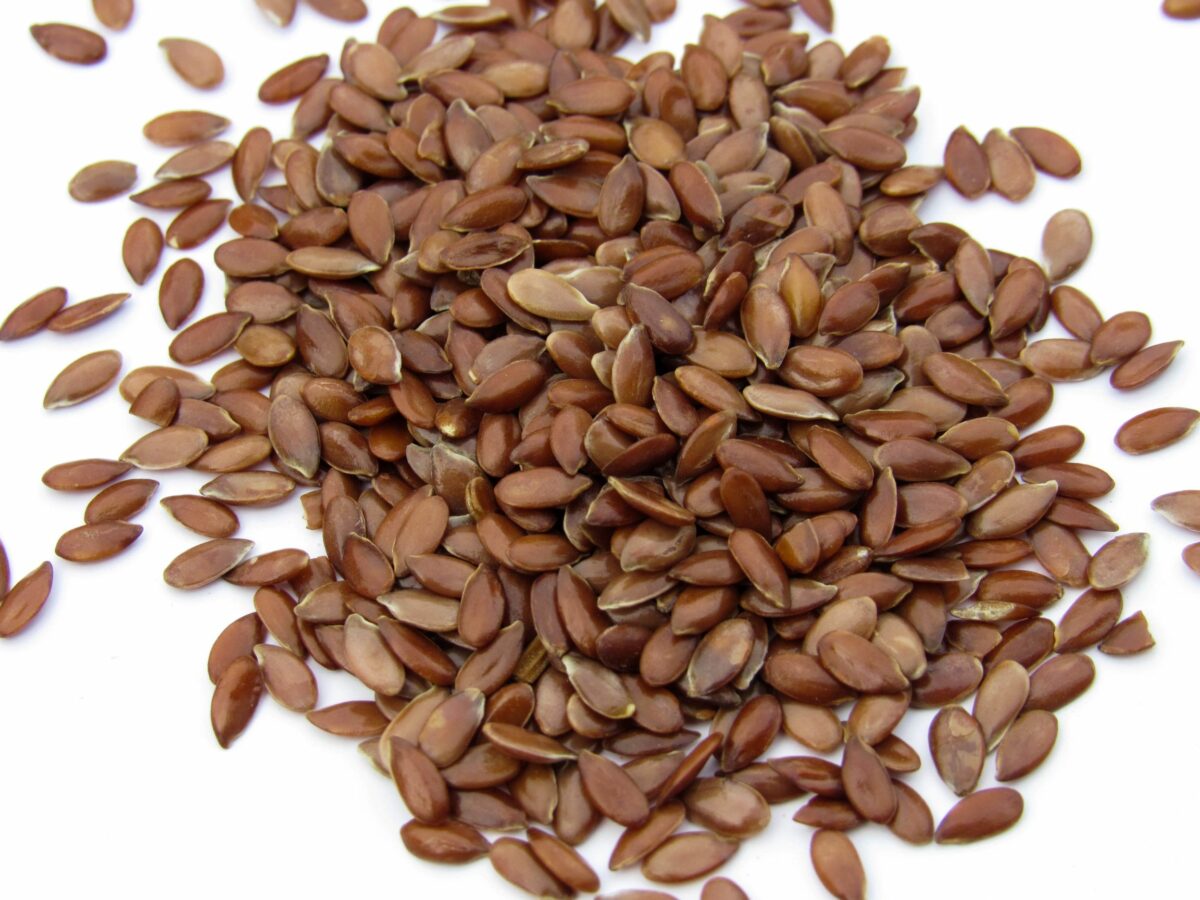
Flaxseeds
Flaxseeds are a true nutritional powerhouse and the top vegan-friendly source of omega-3 fatty acids. They contain more alpha-linolenic acid (ALA) omega-3 fatty acids than other known food.
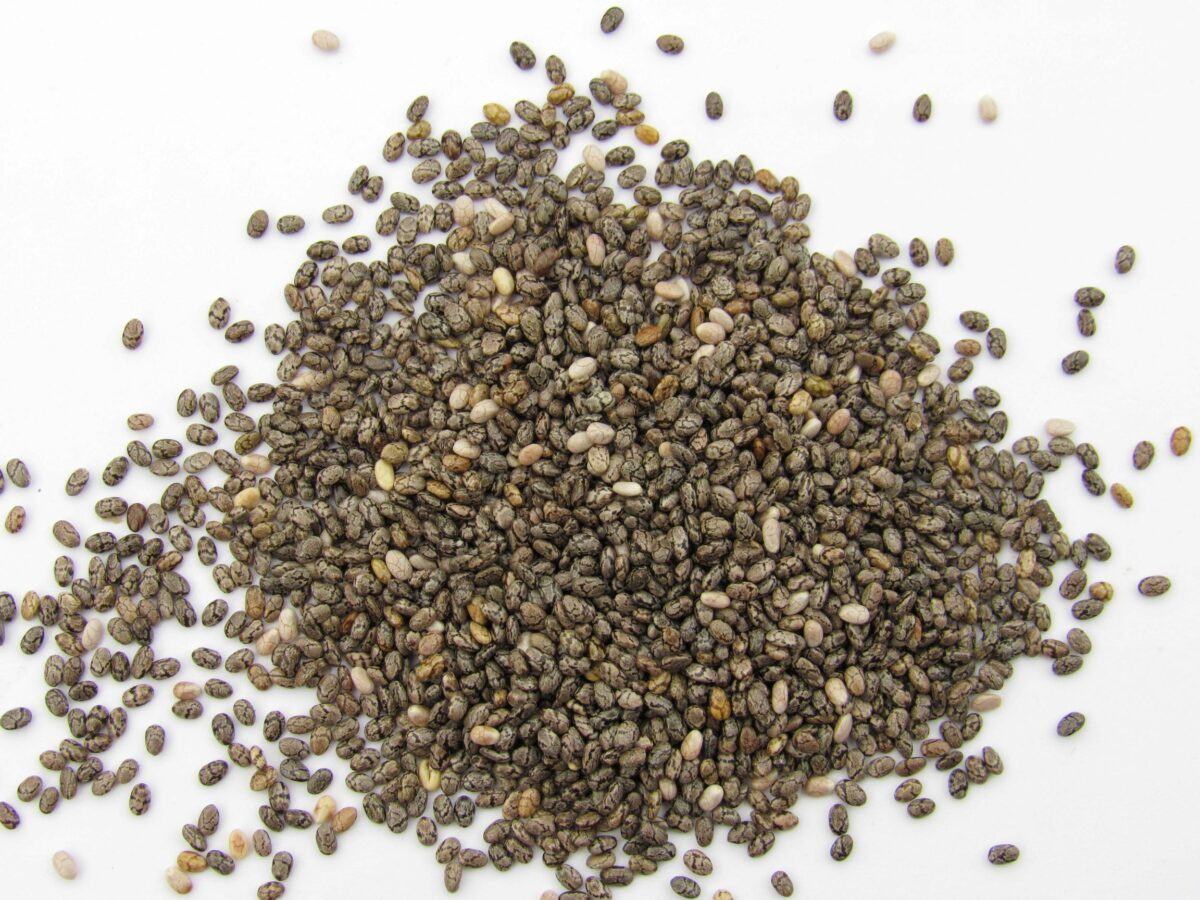
Chia Seeds
Chia seeds are one of the top vegan-friendly sources of omega-3s. Chia seeds also contain fiber, protein, calcium, magnesium, and other important vitamins and minerals, making them a nutrient-dense superfood.
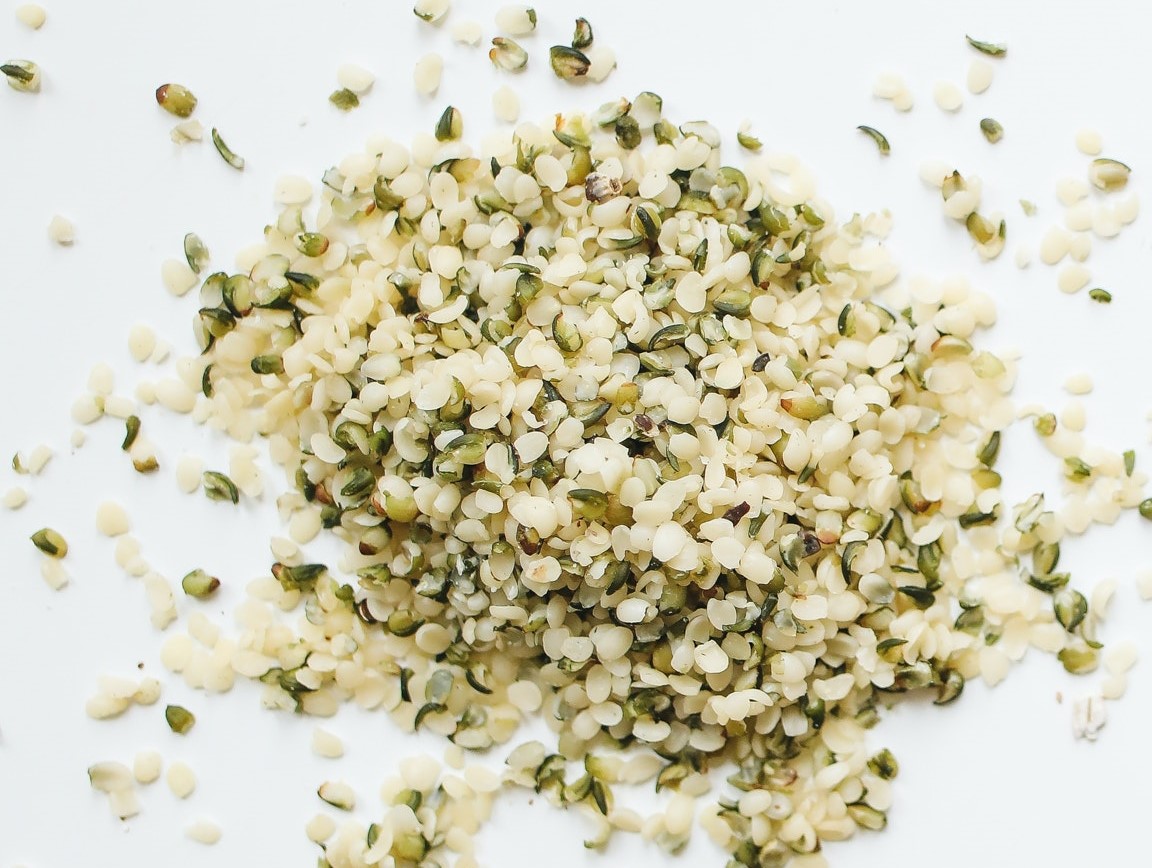
Hemp Seeds
Hemp seeds and hemp oil are excellent sources of omega-3 fatty acids, making them great additions to a vegan diet. Three tablespoons of hemp seeds provide approximately 2.6g of alpha-linolenic acid (ALA), one type of omega-3 fatty acid.
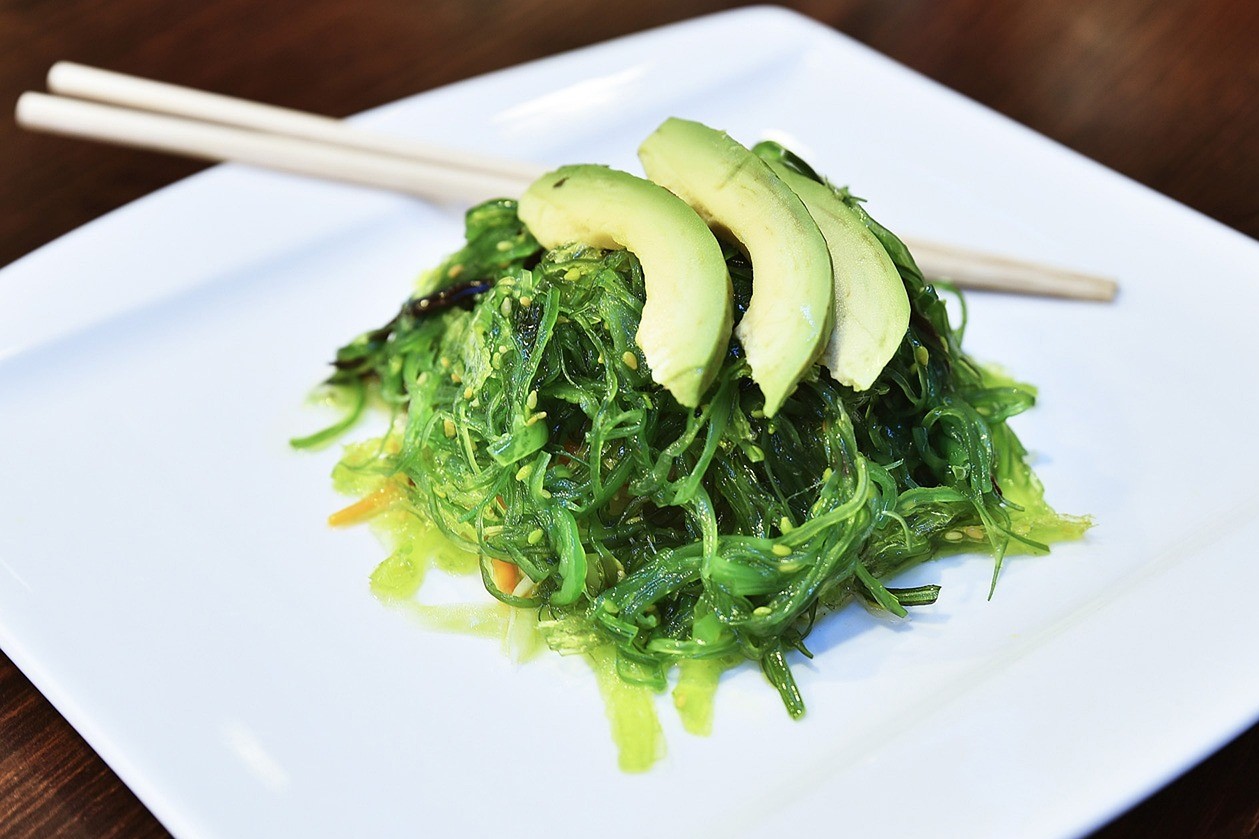
Seaweed
Seaweed and nori are amazing sources of omega-3 for vegans. They are incredibly nutrient-rich and provide a variety of other health benefits as well, such as improving digestion, reducing inflammation, and promoting healthy skin.
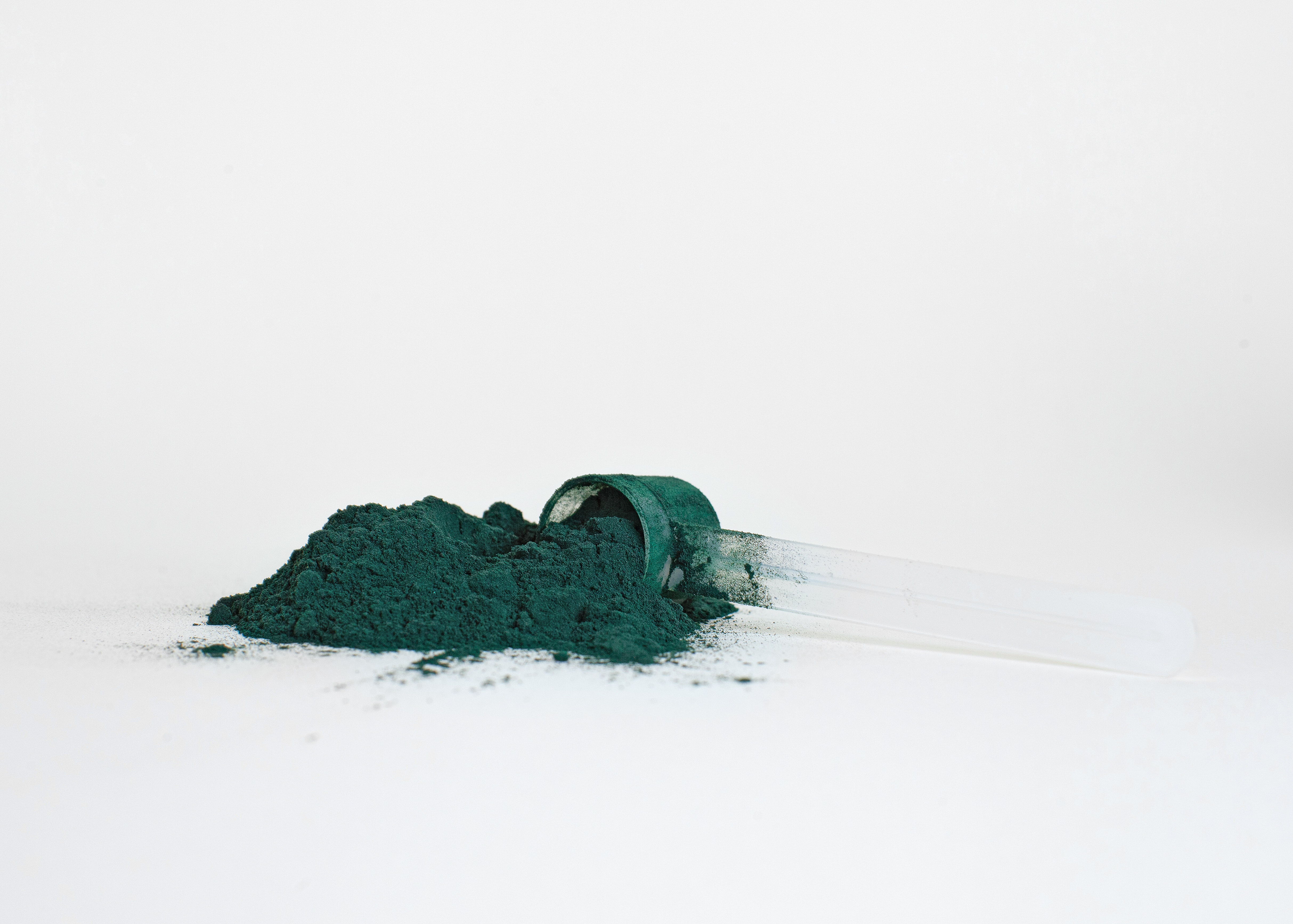
Algae-Based Supplements
Algae-based vegan omega-3 supplements are a great option for vegetarians and vegans as they contain high amounts of these essential fatty acids without consuming fish or other animal products.
Iron
Iron deficiency is a common concern for vegans as plant-based iron sources are often less easily absorbed by the body.
Cause of Iron Deficiency
Iron deficiency in a vegan diet can occur due to inadequate amounts of iron in plant-based sources and poor absorption and utilization of non-heme iron. This type of iron is found in plant foods and supplements and isn’t absorbed by the body as efficiently as heme iron from animal products.
Additionally, vegetarians may consume a lot of coffee or tea with meals, which contain substances that inhibit iron absorption.
Factors That Affect Iron Absorption in a Vegan Diet
Iron is an essential nutrient for optimal health, but absorption can be a challenge in vegan diets. Factors such as phytates and tannins found in plant foods can inhibit iron absorption while consuming vitamin C-rich foods with iron-rich meals can enhance absorption.
It’s important for vegans to consume various iron-rich plant foods and pair them with vitamin C sources like citrus fruits or bell peppers to maximize absorption.
Iron Deficiencies Health Consequences
Iron deficiency can have serious health consequences, including anemia, which can cause fatigue, weakness and cognitive impairment. In severe cases, iron-deficiency anemia can lead to heart problems and damage organs.
It’s important for vegans to ensure they’re getting adequate amounts of iron through plant-based sources like beans, lentils, fortified cereals and leafy greens or by taking supplements.
Tips for Getting Enough Iron on A Vegan Diet
To boost iron absorption in a vegan diet, it’s important to consume enough vitamin C. Good sources of vitamin C include peppers, citrus fruits, strawberries, and kiwi. Additionally, pairing plant-based iron sources with foods high in vitamin C can help increase absorption.
For example, enjoying a spinach salad with slices of orange or lemon dressing can improve iron uptake.
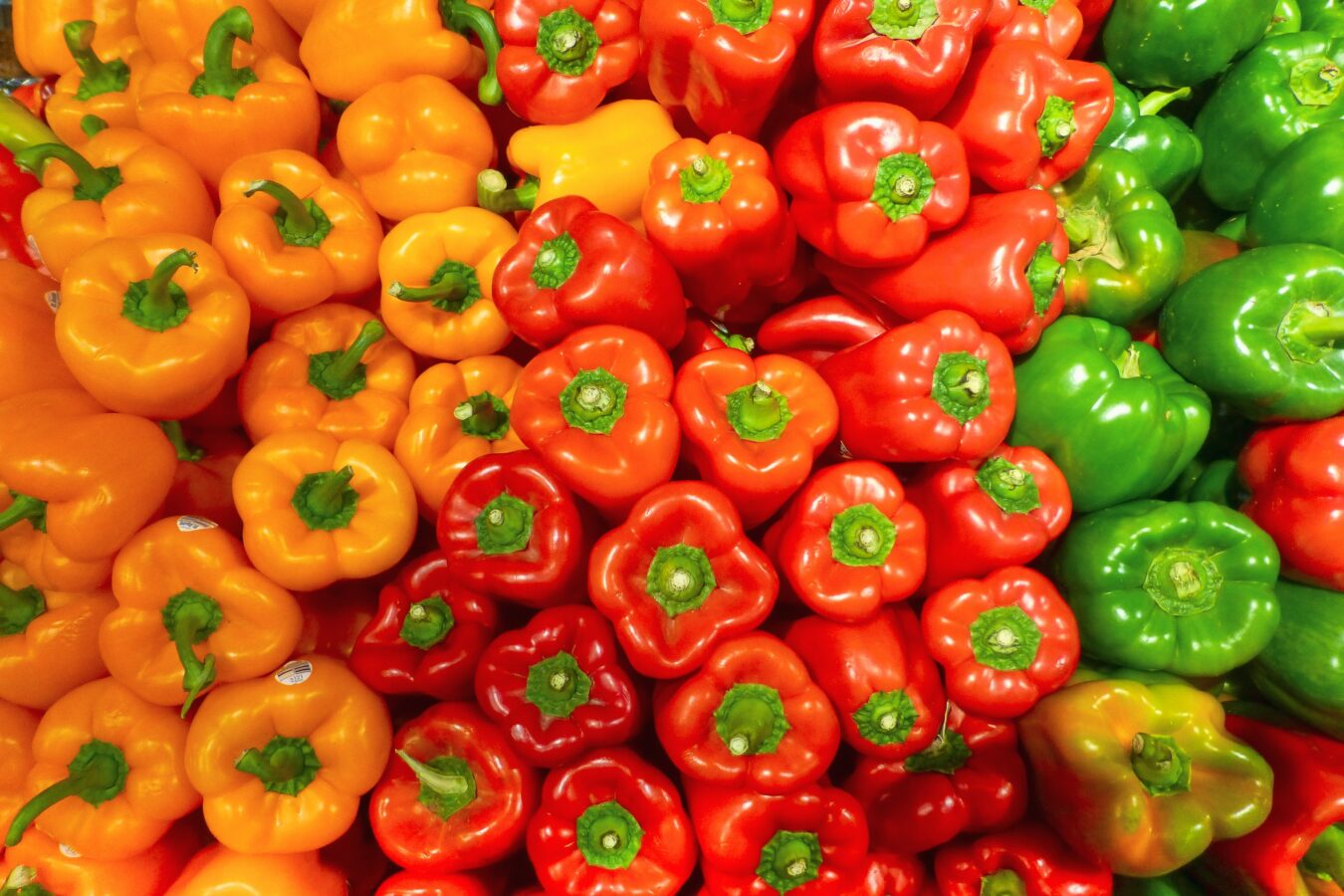
Peppers
Peppers are an amazing source of vitamin C. 1/2 cup of raw red peppers can provide your full daily value of vitamin C.
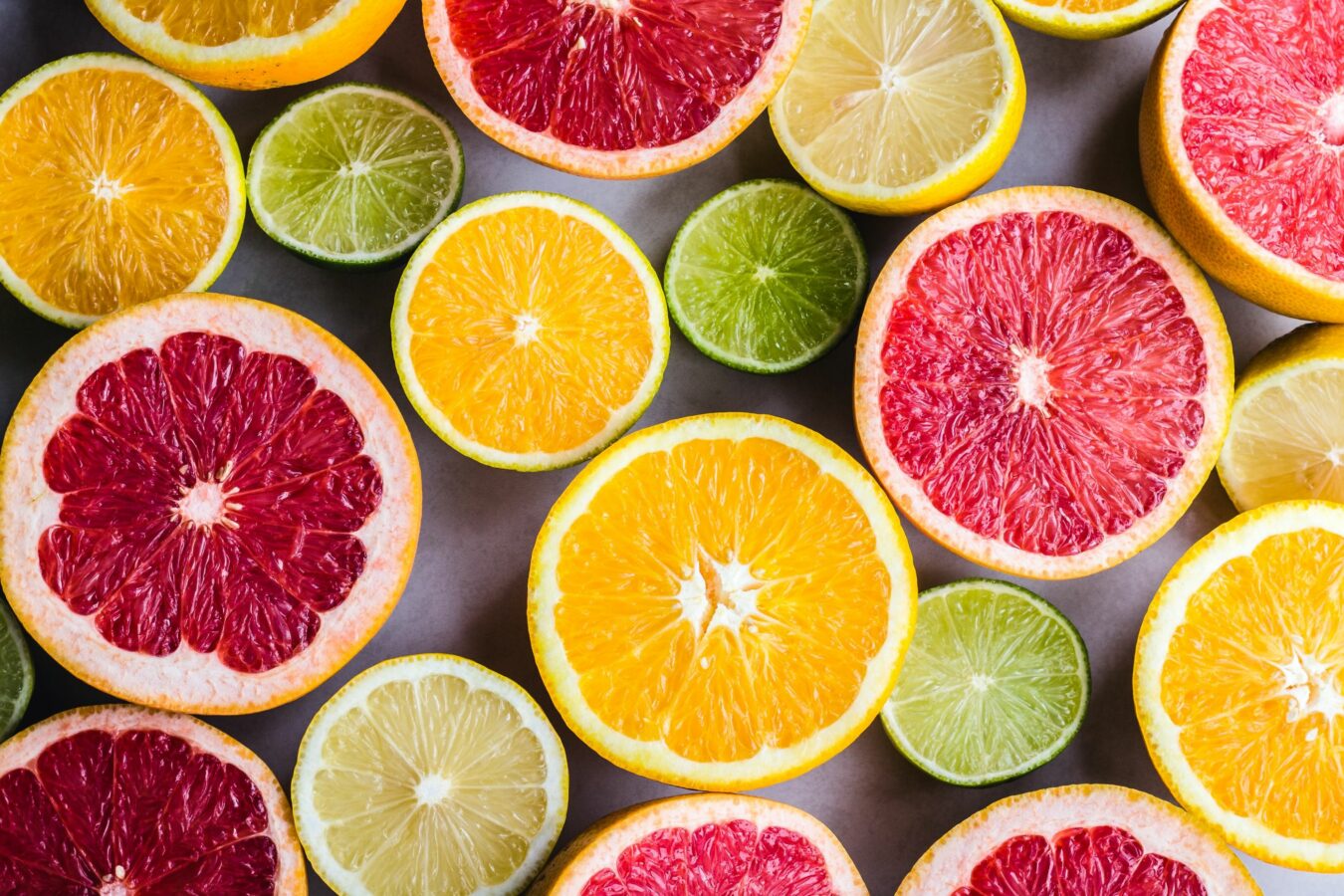
Citrus Fruit
Citrus is a power-house of vitamin C, whether it be in whole raw form, or juiced! 3/4 cup of orange juice can be enough to provide your full daily value of vitamin C.
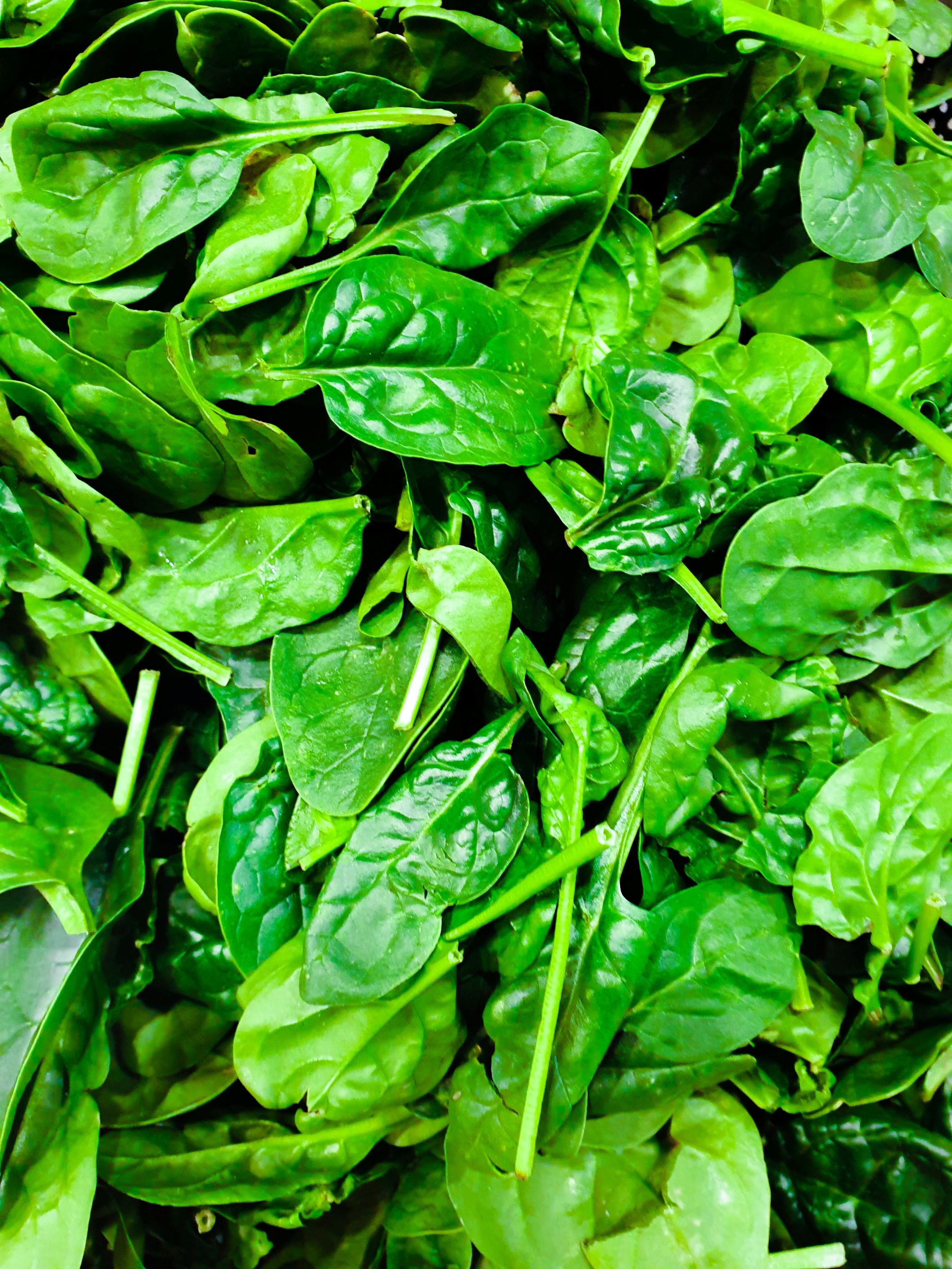
Spinach
Spinach is high in iron, and contains some vitamin C as well.
Calcium
Factors that affect calcium absorption in a vegan diet include consuming excessive amounts of oxalates, phytates, and fiber, which may inhibit calcium absorption.
Cause of Calcium Deficiency
Calcium deficiency in vegans can occur due to the absence of dairy products, which are a primary source of calcium. Additionally, some plant-based foods have substances like phytic acid and oxalic acid that inhibit calcium absorption.
For example, spinach contains high levels of oxalic acid that binds with calcium and reduces its bioavailability.
Factors That Affect Calcium Absorption in a Vegan Diet
Calcium absorption in a vegan diet can be affected by several factors. One of the primary considerations is phytic acid, an anti-nutrient found in many plant-based foods like legumes, seeds, and grains.
Phytic acid binds to calcium, making it harder for the body to absorb. Consuming high levels of oxalates found in leafy greens like spinach can also hinder calcium absorption.
However, vegans can still obtain sufficient calcium by consuming fortified plant milks and juices, tofu made with calcium sulfate or nigari salt, collard greens, bok choy, broccoli rabe, and almonds.
Calcium Deficiencies Health Consequences
Calcium is important for strong bones and teeth. Without enough calcium, the body may develop osteoporosis, a condition characterized by brittle and weak bones that are prone to fractures.
Calcium deficiency can also cause hypocalcemia, which has symptoms such as muscle twitches, seizures, blood clotting problems, and fatigue. Vegans may be at a higher risk for calcium deficiencies since plant-based sources of calcium like beans and spinach are also high in oxalic acid.
Tips for Getting Enough Calcium on a Vegan Diet
Calcium is a crucial mineral for building and maintaining strong bones, but it can be challenging for vegans to meet their calcium needs. Fortunately, there are many plant-based sources of calcium that vegans can include in their diet.
Foods like leafy greens, tofu, and fortified plant milks are rich in calcium and should be consumed regularly. Vegans may also consider taking a calcium supplement to ensure they’re getting enough of this essential nutrient.
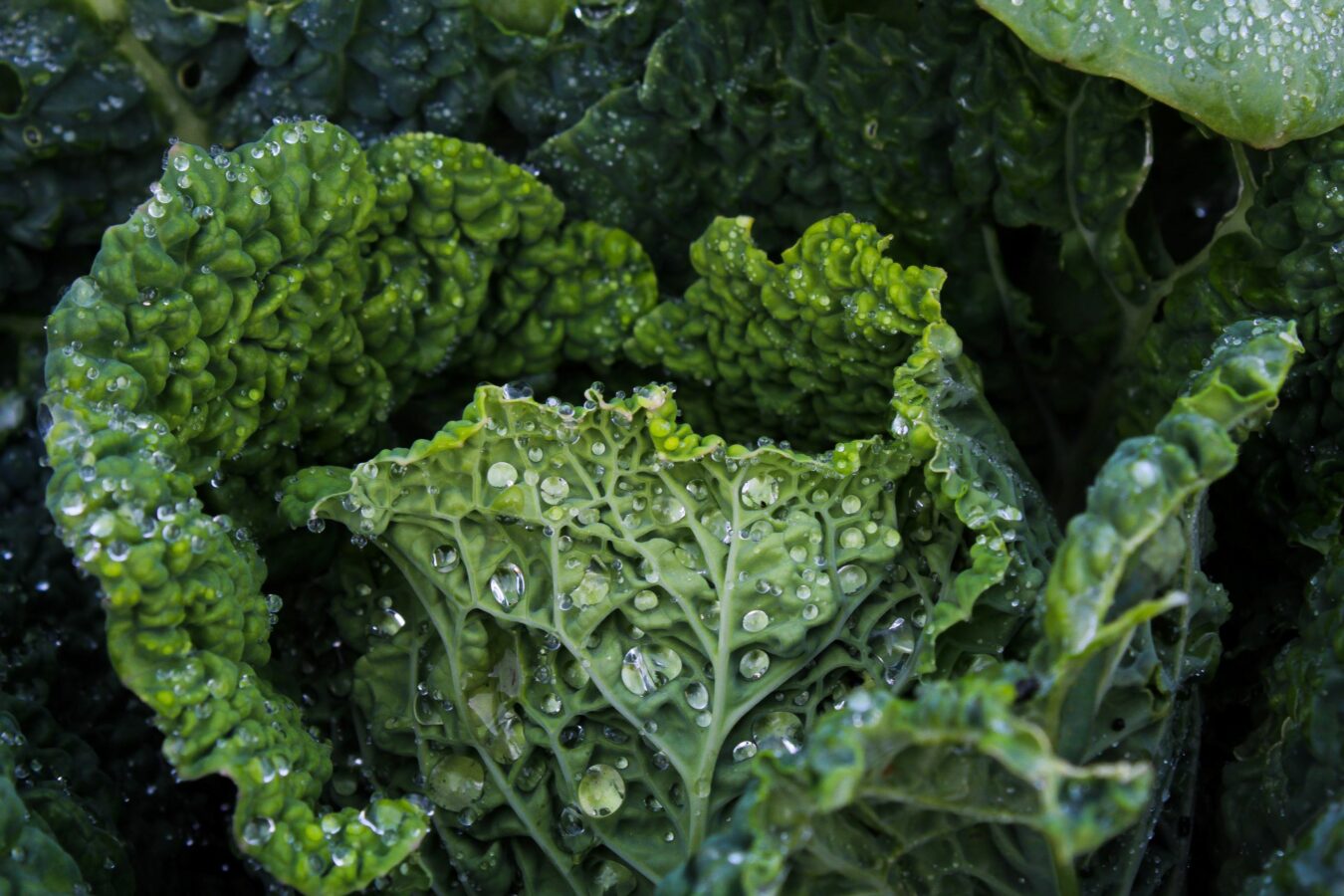
Leafy Greens
Leafy greens are a great source of calcium. Cooked spinach, for example, provides a whopping 240mg of calcium per cup.
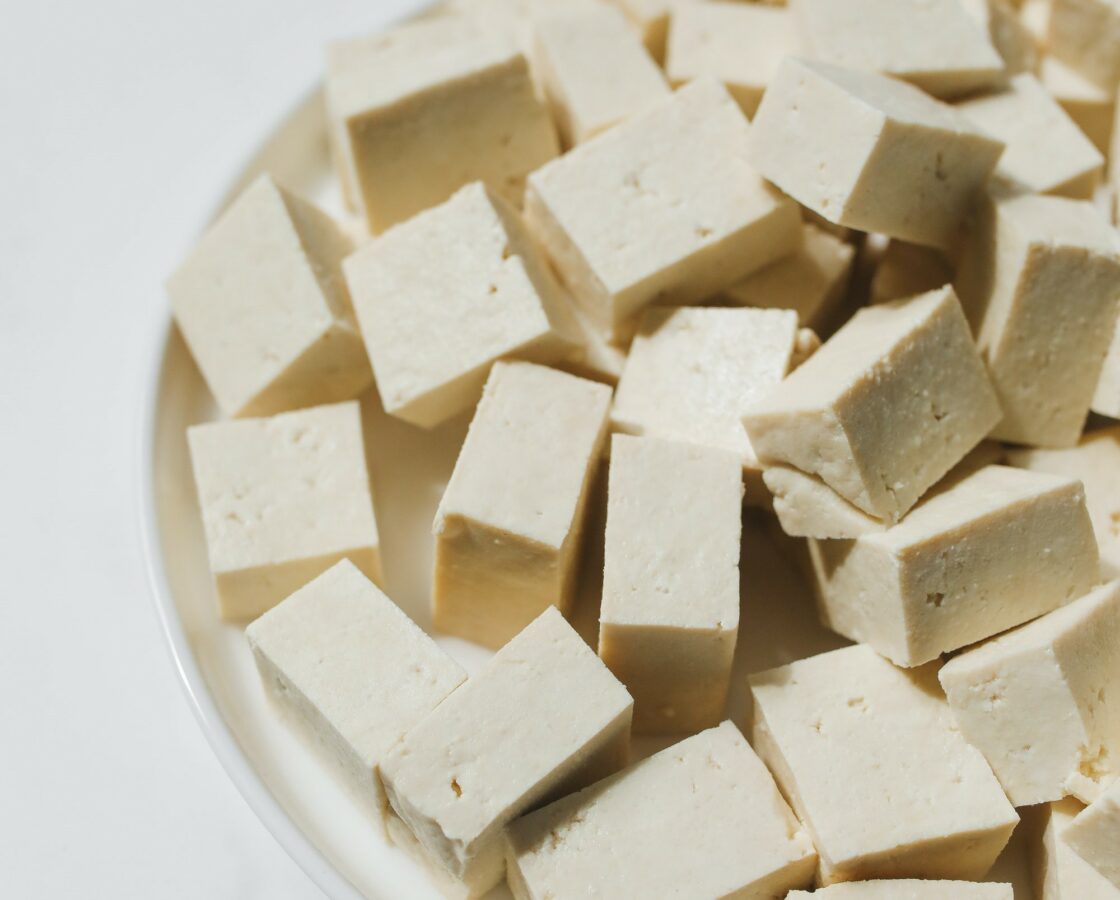
Tofu
Tofu has one of the highest amounts of calcium per serving of any ingredients! Firm tofu that is set in calcium can range from 250mg – 750mg per 4oz. Soft tofu that is not set in calcium range from 120mg – 390mg per 4oz serving.

Fortified Plant-Based Milks
Incorporating fortified plant-based milk into your daily routine is simple; it can be added to coffee or tea, used in smoothies or poured over cereal.
Vitamin D
Vitamin D is important for bone health and immune function, but it can be difficult to obtain from vegan sources alone.
Cause of Vitamin D Deficiency
Vitamin D deficiency is a common problem for vegans, as it’s mainly found in animal-sourced foods. A lack of sun exposure can also contribute to the problem. The body needs vitamin D to absorb calcium and maintain strong bones, but it also plays an essential role in brain function and immune system health.
Without enough vitamin D, you may be at risk for high blood pressure, diabetes, and other adverse conditions.
Factors That Affect Vitamin D Absorption in a Vegan Diet
Vitamin D is essential for strong bones and teeth, but getting enough can be challenging on a vegan diet. Factors that affect vitamin D absorption include limited sun exposure, reduced intake of fortified foods such as plant-based milks or breakfast cereals, and inadequate fat consumption.
To ensure adequate vitamin D levels, vegans may need to seek out supplements or spend more time in the sun during peak hours with unprotected skin.
Vitamin D Deficiencies Health Consequences
A lack of vitamin D in the body can have significant health consequences, including an increased risk of cardiovascular disease and brittle bones. Vitamin D is essential for maintaining strong bones as it helps to regulate calcium absorption in the body.
Without enough vitamin D, bone density can decrease, leading to osteopenia or osteoporosis. Additionally, a deficiency may contribute to high blood pressure and impaired immune function.
Tips for Getting Enough Vitamin D on a Vegan Diet
While some fortified plant-based milks and cereals can provide small amounts, the best source is sunlight exposure. However, this may not always be feasible, especially in colder months or areas with limited sun exposure.
Therefore, it’s important for vegans to consider taking supplements or incorporating vitamin D-rich foods like mushrooms into their daily intake to ensure they are getting adequate amounts for good health.

Fortified Plant-Based Milks
Almond, soy, and other plant-based milks often have vitamin D added during processing.
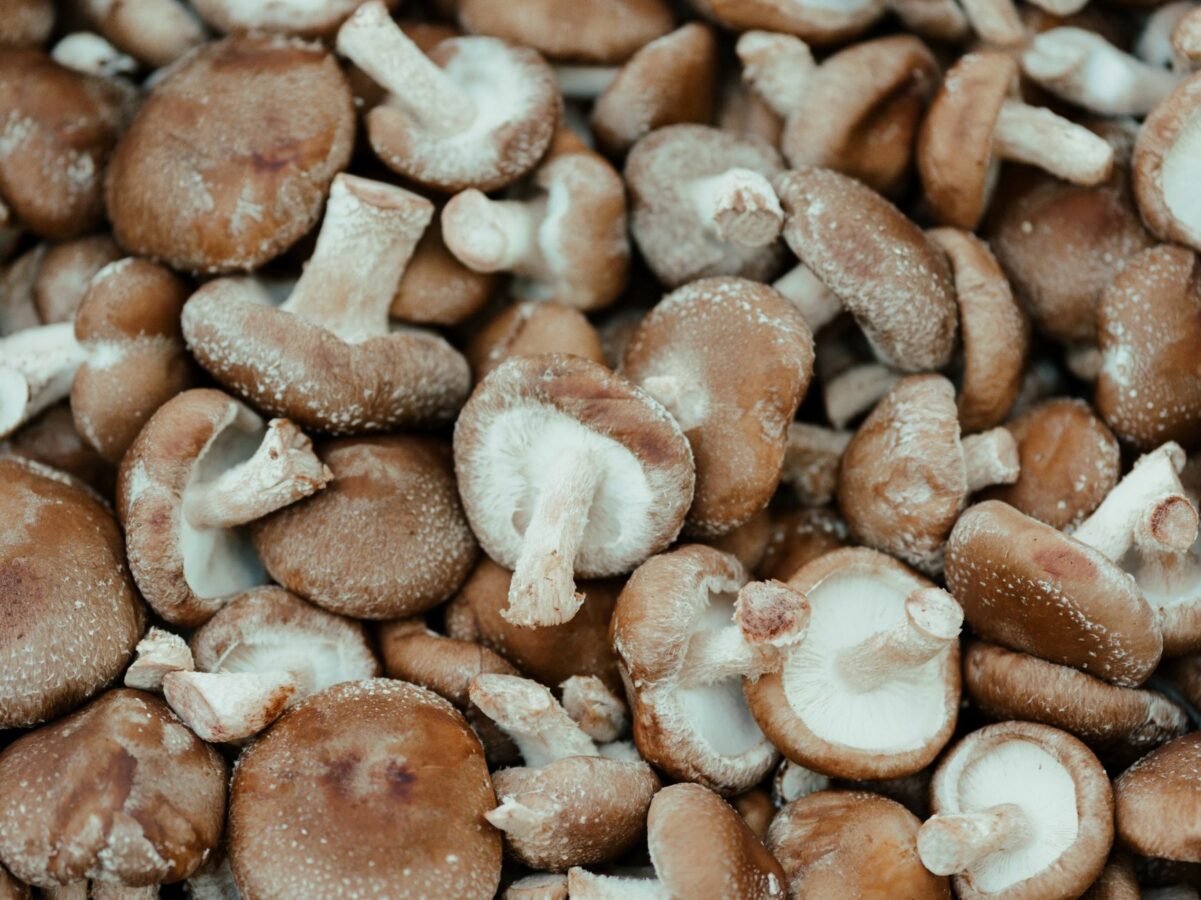
Mushrooms
Fungi, particularly mushrooms, are one of the few natural vegan sources of vitamin D.
A recent study found that eating mushrooms can help boost your vitamin D just as well as animal foods.
Zinc
Zinc is crucial for immune function, wound healing, and DNA synthesis, but plant-based sources of zinc may not be as easily absorbed by the body.
Cause of Zinc Deficiency
Zinc deficiency in vegans is often due to inadequate intake or absorption of this crucial mineral from plant-based foods. High consumption of phytates and fibers found in many plant-based foods can inhibit zinc absorption, leading to deficiencies over time.
Additionally, those following a low-calorie diet or with digestive disorders may also struggle to get enough zinc. Some good vegan sources of zinc include legumes, nuts, seeds, whole grains, and fortified cereals.
Factors That Affect Zinc Absorption in a Vegan Diet
Zinc is an essential mineral that plays a crucial role in immune function, wound healing, and DNA synthesis. While vegan diets can provide adequate amounts of zinc, factors such as phytic acid, which is found in grains, seeds, and legumes, can reduce zinc absorption.
Consuming yeast-based bread and pre-soaked legumes can improve absorption. It’s important for vegans to monitor their zinc intake to avoid deficiencies that could lead to symptoms like hair loss and delayed wound healing.
Zinc Deficiencies Health Consequences
Zinc is an essential nutrient for our bodies to function properly. Zinc deficiency can lead to impaired immune function, loss of appetite, and growth retardation. It can also contribute to poor wound healing, skin irritation, hair loss, and emotional disorders such as depression.
Therefore consuming adequate amounts of zinc from a varied diet that includes legumes, nuts and seeds are important for good health. Zinc supplements may be necessary in cases where dietary sources are inadequate or not well-absorbed by the body.
Tips for Increasing Zinc Intake on a Vegan Diet
Zinc is important for boosting the immune system, wound healing, and healthy growth and development. Luckily, there are plenty of delicious plant-based sources of zinc that vegans can include in their daily diet to ensure adequate intake.
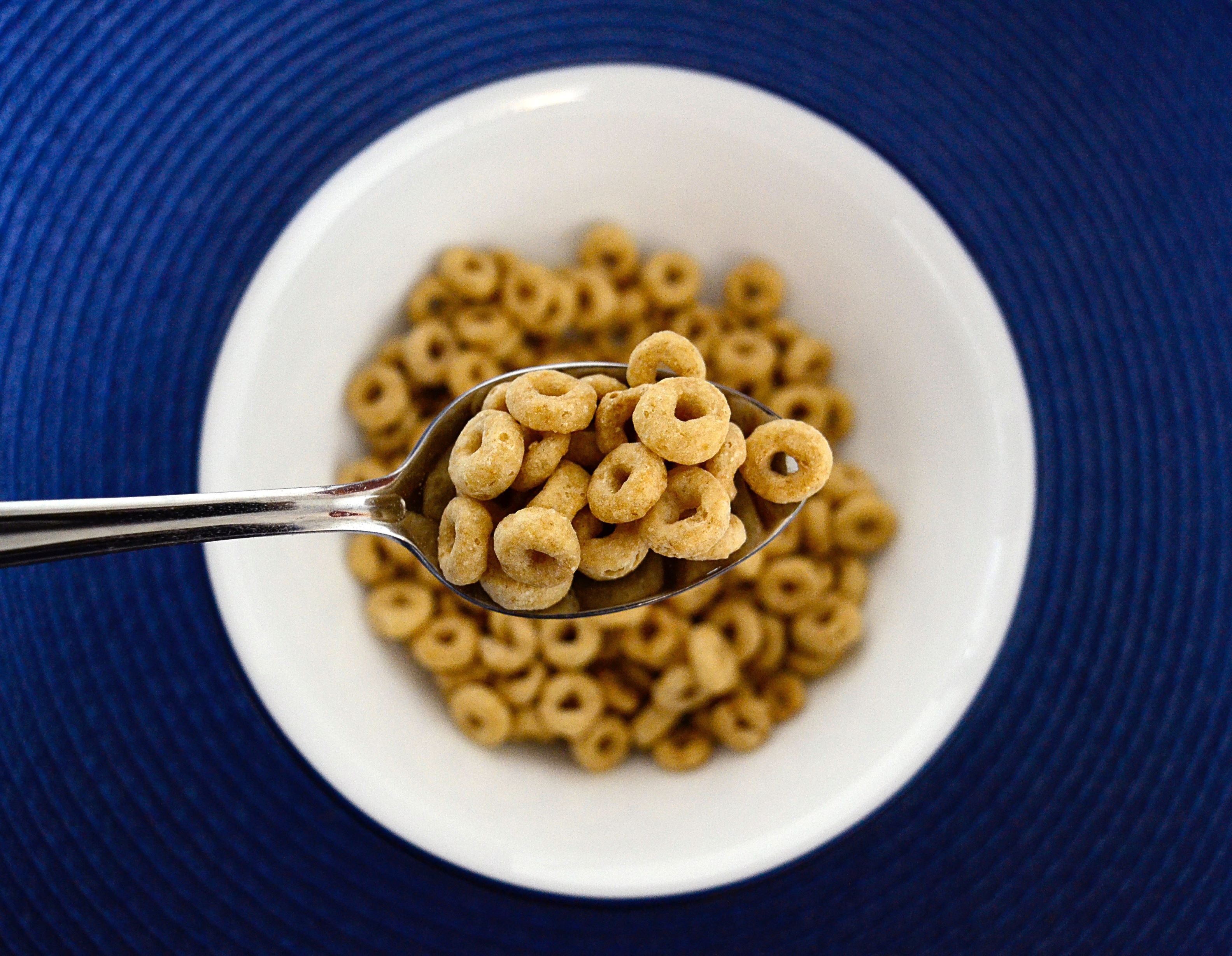
Fortified Breakfast Cereals
Many are fortified with zinc and can provide up to 100% of the recommended daily intake per serving.

Fortified Plant-Based Milks
Almond, soy, and other plant-based milks often have zinc added during processing.
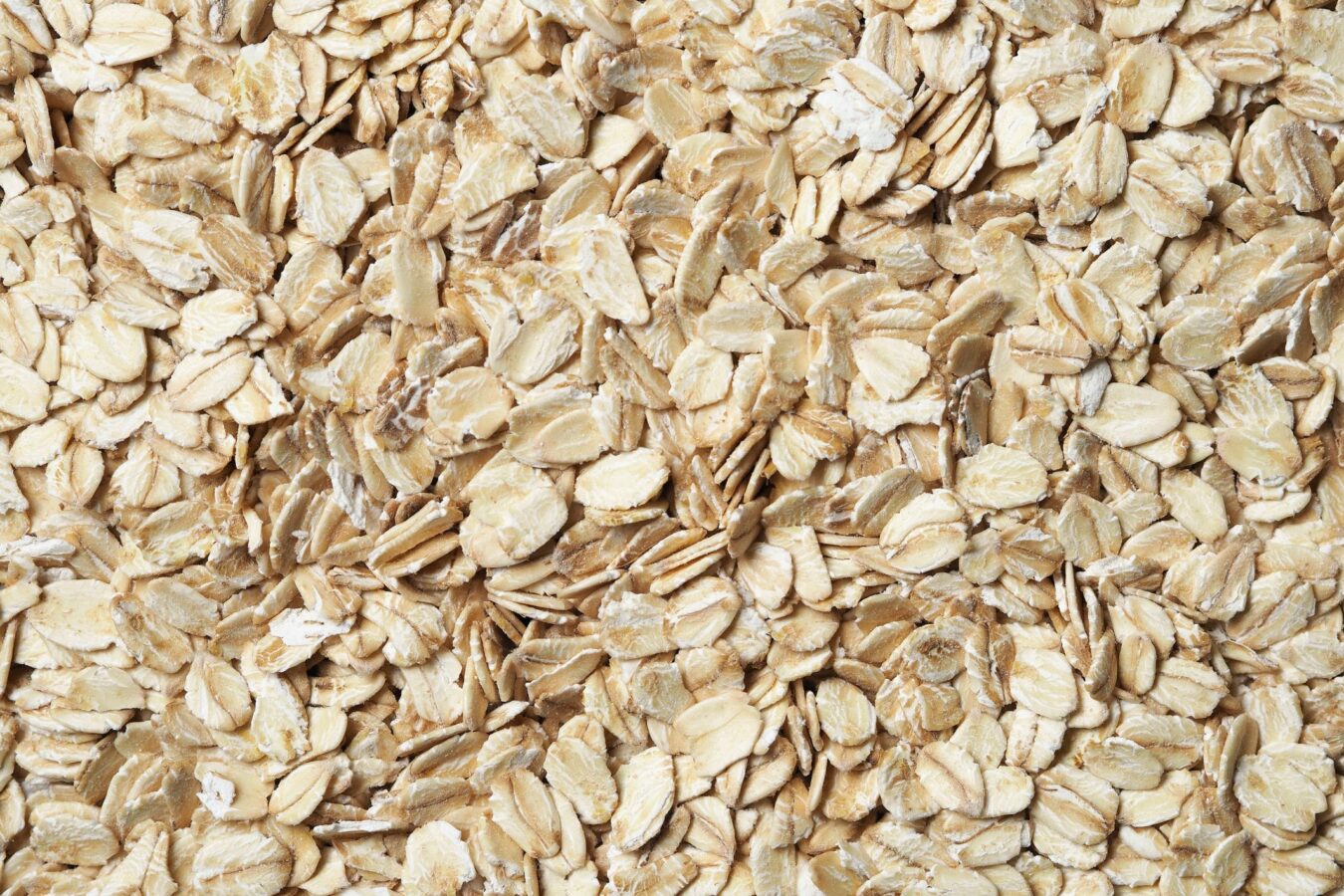
Oats
A cup of cooked oats contains about 20% of the recommended daily intake for zinc, making it a great way to kickstart your day.
Iodine
Iodine is an essential mineral that plays a crucial role in thyroid function and brain development, but it can be difficult for vegans to obtain.
Cause of Iodine Deficiency
Iodine deficiency occurs when there is not enough iodine in the diet to meet the body’s needs. As mentioned earlier, vegans and particularly vegetarians are at risk of iodine deficiency as there are few plant-based sources of iodine.
This can lead to an enlarged thyroid gland, low thyroid function, problems getting pregnant, birth-related issues and weight gain.
Factors That Affect Iodine Absorption in a Vegan Diet
Iodine is essential for healthy thyroid function, which regulates metabolism and growth. Vegans are at greater risk of iodine deficiency due to their avoidance of animal-sourced foods that are typically higher in iodine.
Factors that affect iodine absorption in a vegan diet include the use of non-iodized salt, low intake of seaweed or other iodine-rich plant sources, and the presence of goitrogens in raw cruciferous vegetables like cabbage and cauliflower, which can interfere with iodine use.
Iodine Deficiencies Health Consequences
Iodine is essential for thyroid hormone production and deficiency can lead to an enlarged thyroid gland, hypothyroidism, problems getting pregnant, and birth complications.
In children, iodine deficiency can cause impaired cognitive and motor development leading to irreversible brain damage. Adults with a deficient intake can experience disruptions in normal bodily functions resulting from inadequate thyroid hormone production which affects various physiological functions.
Tips for Maintaining Adequate Iodine Levels
One way for vegans to maintain adequate iodine levels is by consuming sea vegetables like kelp, nori, and wakame. These are rich sources of naturally occurring iodine and can be added to dishes like soups, salads, and stir-fries.
Another option is to add iodized salt to meals or take a daily supplement containing at least 150 mcg of iodine. However, it’s important not to exceed the recommended intake as excessive amounts can have adverse effects on thyroid function.
Vegans should also ensure they’re getting enough selenium as this mineral plays an important role in converting inactive thyroid hormone into its active form.
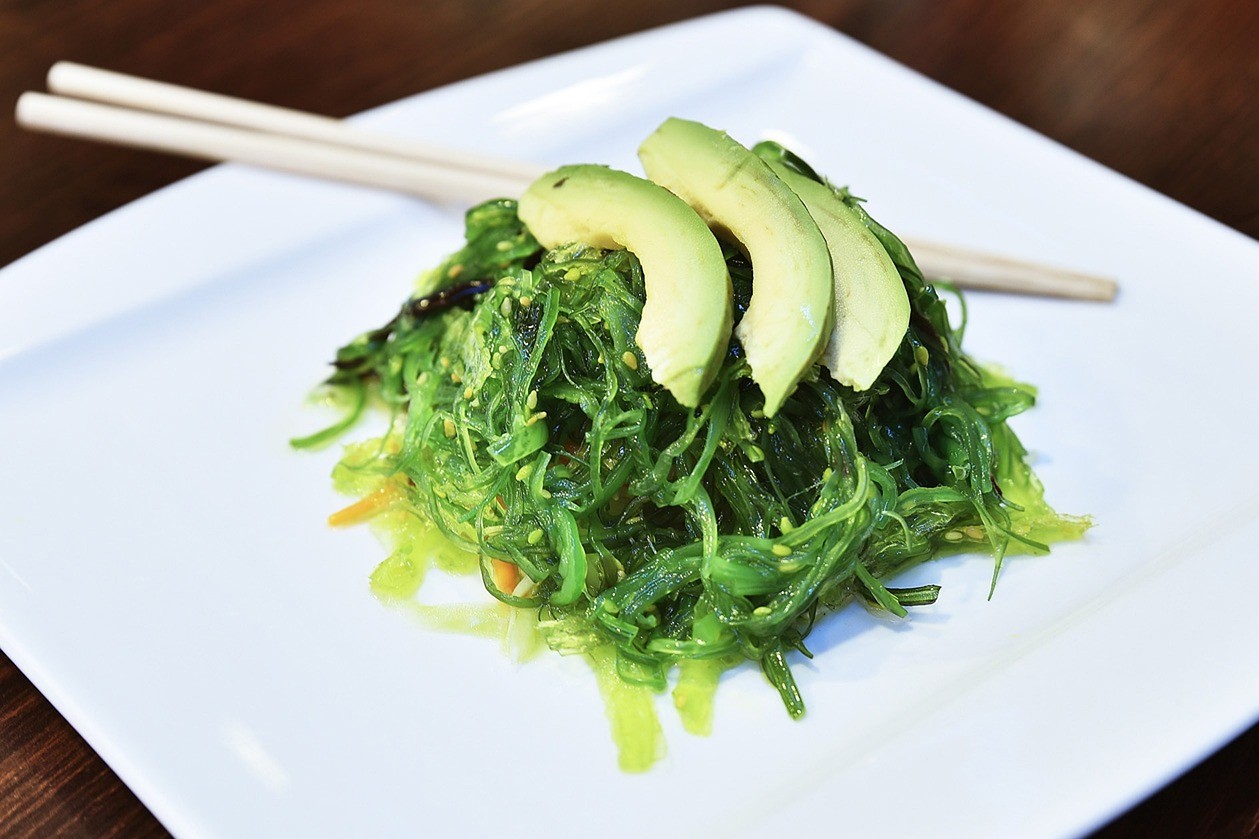
Seaweed & Sea Vegetables
Seaweed can provide upwards of 77% of your daily iodine value!
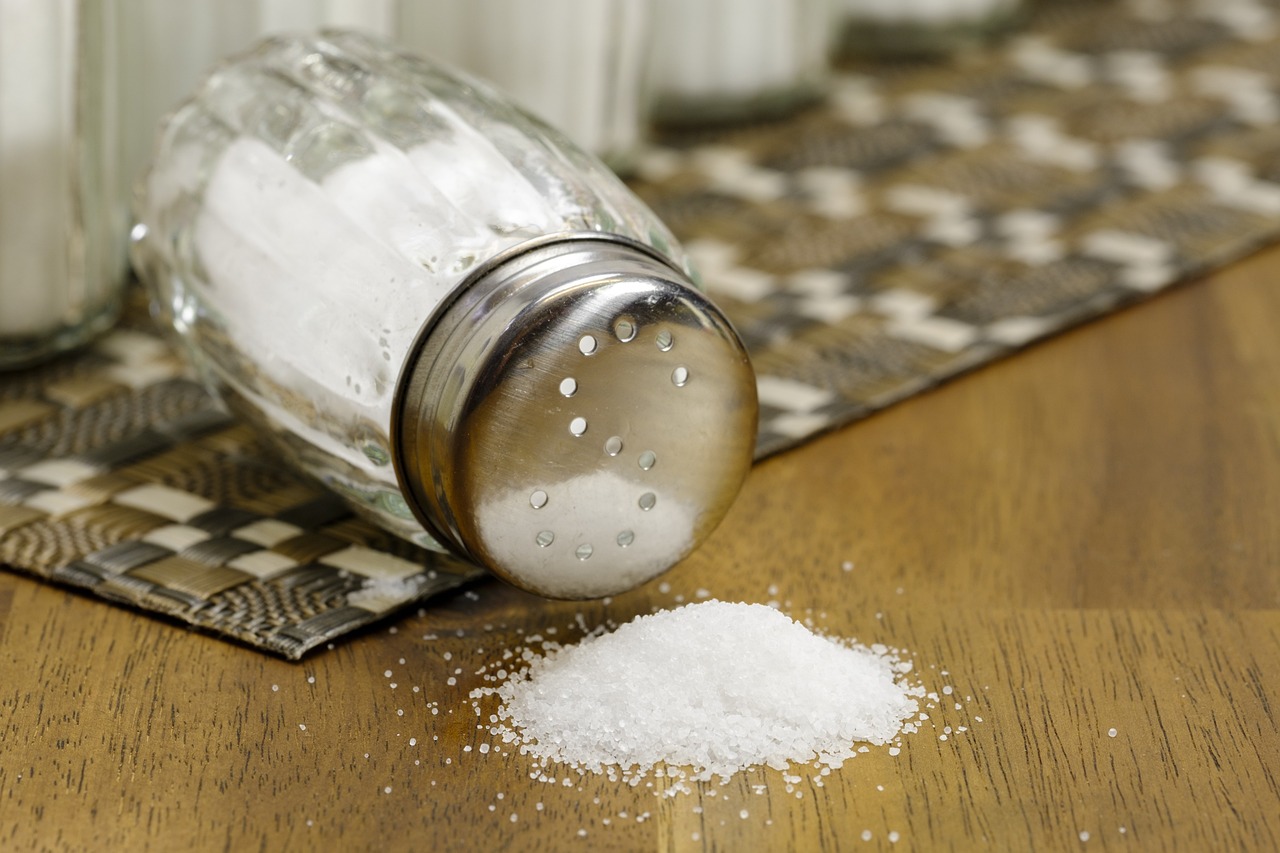
Iodized Salt
Iodized salt is a simple way to get your daily iodine intake. One serving can provide up to 51% of your daily iodine value.
Preventing Nutrient Deficiencies
Preventing nutrient deficiencies is crucial for maintaining good health on a vegan diet. To do so, it’s important to plan meals carefully and ensure they provide all the necessary nutrients.
This includes eating a wide variety of whole plant foods such as leafy greens, fruits, vegetables, legumes, nuts, and seeds which contain essential vitamins and minerals like iron, calcium, zinc, and iodine.
In addition to a well-planned diet rich in diverse whole food groups, supplements may also be necessary to prevent nutritional inadequacies- especially for some key nutrients like vitamin D, which can be difficult to obtain solely through food sources.
Consulting with a nutritionist or registered dietician can also aid in getting proper guidance on maintaining sufficient levels of all needed vitamins/minerals when committing yourself entirely to a plant-based lifestyle.
Remember: A well-balanced vegan diet including protein-rich legumes and grains coupled with plenty of fresh fruits/veggies should satisfy most people’s daily requirements without having them rely too much on packaged products/supplements barring a few exceptions which will vary from person to person based upon their unique bodily needs/preferences/lifestyle factors etcetera.
FAQ
Which nutrients are commonly deficient in a vegan diet?
Nutrients often lacking in a vegan diet include vitamin B12, vitamin D, omega-3 fatty acids, iron, zinc, calcium, and protein.
How can I get enough protein on a vegan diet?
Plant-based protein sources like legumes, tofu, tempeh, seitan, quinoa, nuts, and seeds can help you meet your protein needs on a vegan diet.
Can I get enough calcium without dairy products?
Yes, you can obtain calcium from fortified plant-based milk, leafy greens, almonds, sesame seeds, and fortified foods like tofu and orange juice.
Can a well-planned vegan diet prevent nutrient deficiencies?
Yes, a well-balanced and carefully planned vegan diet that includes a variety of nutrient-rich foods can help prevent most nutrient deficiencies. Consulting a registered dietitian can provide personalized guidance.

